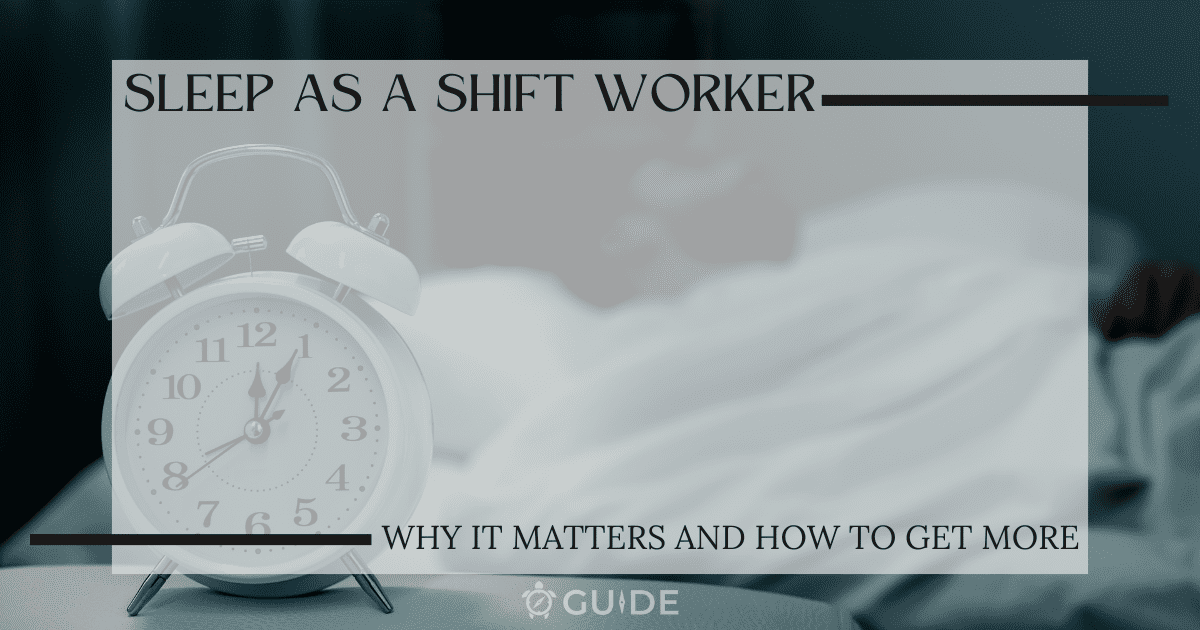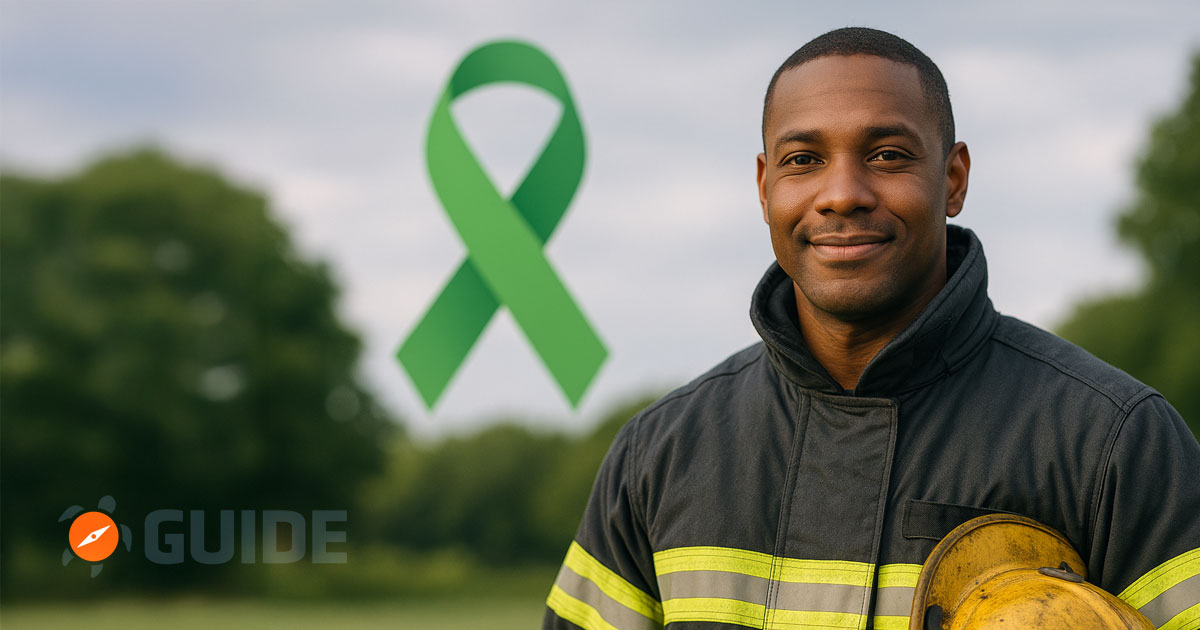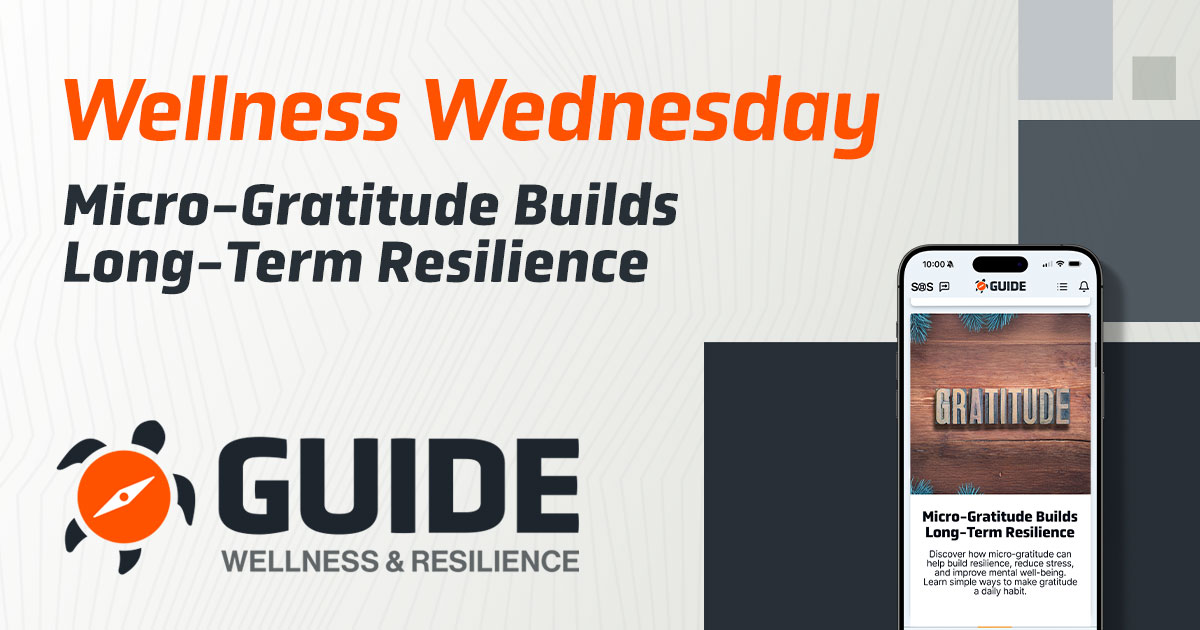by Justine Luzzi
Getting great sleep can be difficult, even for the average person. But what happens to the quality of your sleep when you’re a shift worker? Due to odd hours or inconsistent shifts, including working overnights (ie – “the graveyard shift”), getting sufficient sleep can be extremely difficult. And because shift workers make up about 25% of the workforce, it’s important to address these challenges and find effective ways to increase both sleep quantity and quality.
Building better sleep habits and hygiene is a critical first step, but it’s also important to learn specific tips that can help shift workers transition seamlessly from an odd-hour shift into sleep mode. Just a few small tweaks to your routine and habits can make all the difference in improving your sleep and boosting your health, wellness, and productivity.
The Benefits of Sleep
The average adult requires between 7 to 9 hours of sleep a night for optimal health and functioning. Sufficient sleep is critical when it comes to boosting your immune system, reducing stress, and improving mood and mental health. It also contributes to sharper cognition, memory, and alertness.
On the contrary, when we don’t get enough sleep, we can lose motor coordination, become clumsy, and experience difficulty in problem-solving and decision-making, all of which can result in poor work performance. Because of the nature of the work of First Responders, the impacts of sleep deprivation can lead to potentially catastrophic consequences.
Ways To Get Good Sleep
Making sleep a priority, especially on your days off, is key. Talk to everyone in your household, and make sure they understand your sleep goals and are on board to help create an environment that supports your sleep needs.
Then test out of some of these proven tactics and sleep hygiene tips:
- Set your bedroom thermostat to a lower temperature than normal: A cold sleeping environment helps to lower your internal body temperature, which makes it easier to experience deep sleep.
- Dim the lighting in your living spaces in the lead-up to bedtime: Avoiding bright light for at least two hours before going to bed makes it easier to fall asleep.
- Cut electronic use as far in advance of sleep as possible: You should stop using electronic devices, such as your phone, at least 30 minutes before bedtime. The blue light emitted by these devices interrupts the production of melatonin, the hormone that controls our sleep-wake cycle.
- Don’t eat a heavy meal: Not only can digestion disrupt your sleep but eating a heavy meal can lead to nighttime heartburn. It’s best to stop eating about 2-3 hours prior to bedtime.
- Talk to your doctor about the use of sleep-supporting herbs and supplements: Melatonin, magnesium, and valerian root are a few of the natural supplements considered helpful in aiding sleep. You should always speak with your physician before taking any supplements – natural or otherwise.
- Limit your caffeine intake several hours before bedtime, and consider eliminating it entirely: You don’t have to go cold turkey – gradually reduce your intake over time, until you no longer need caffeine to get through the day.
The more positive sleep habits you can incorporate, the better chance you have at falling asleep faster and easier, and achieving deeper and more satisfying rest.
You can learn additional tips for achieving better sleep, as well as suggestions for specific things to do before and after your shift to help sleep come easier, in The Guide App’s course, “How to Get Great Sleep When You’re A Shift Worker.”
Click here to learn more about The GUIDE App, and why agencies all around the country believe this wellness resource should be in the hands of every First Responder.



